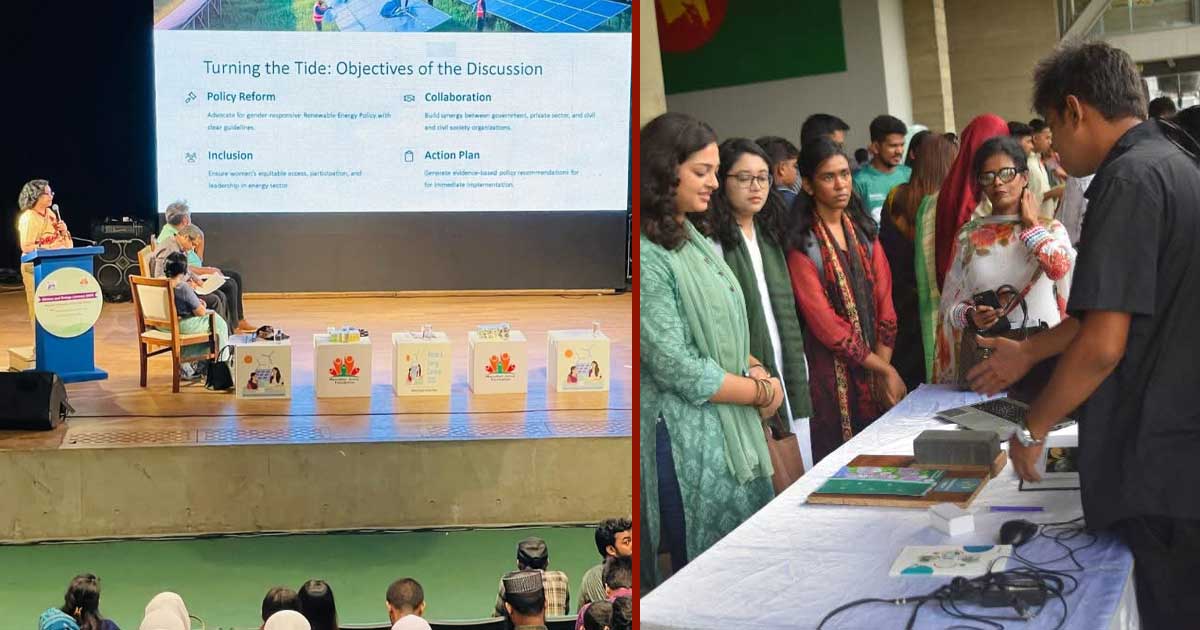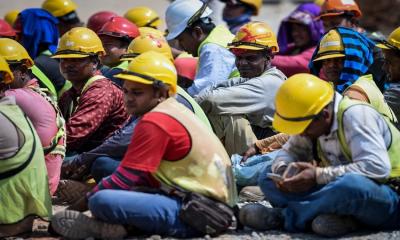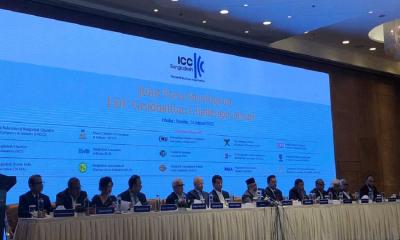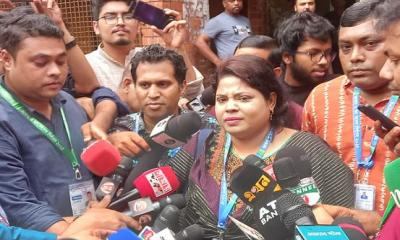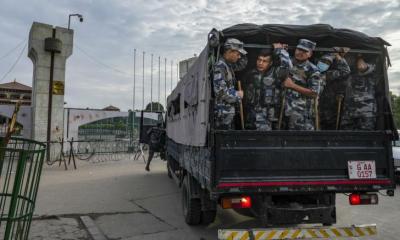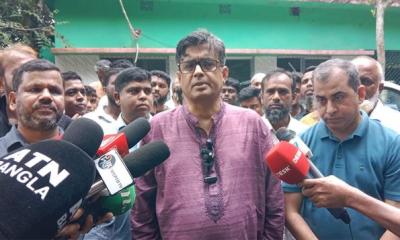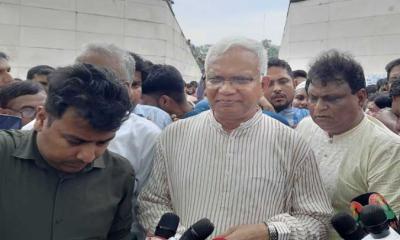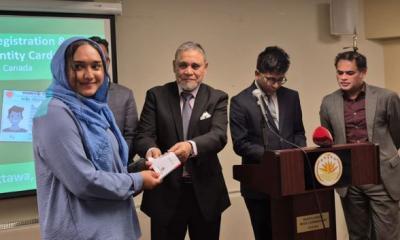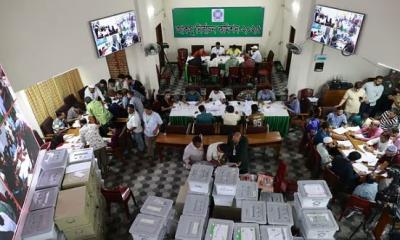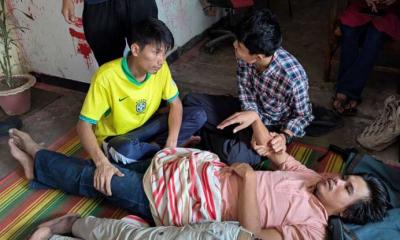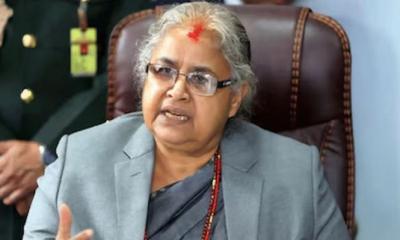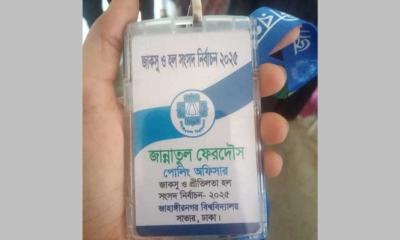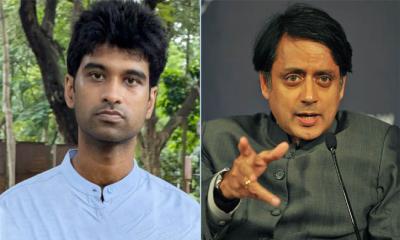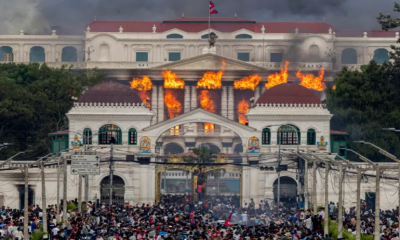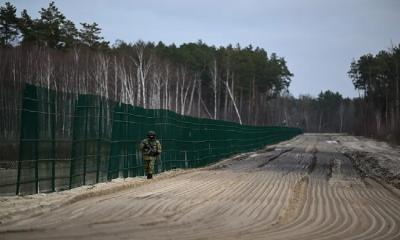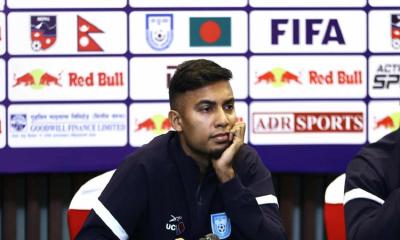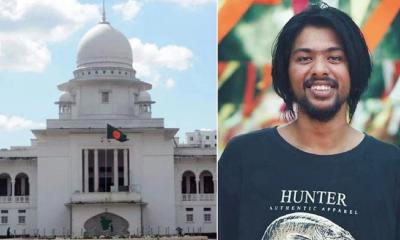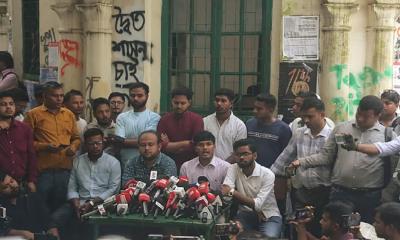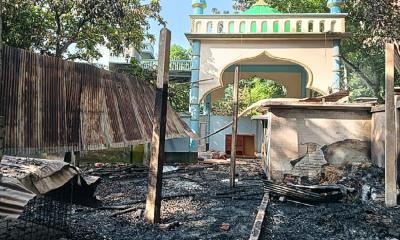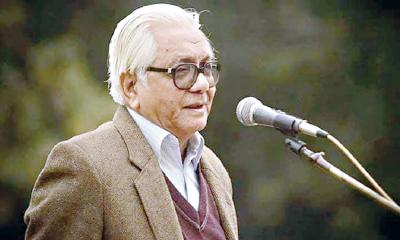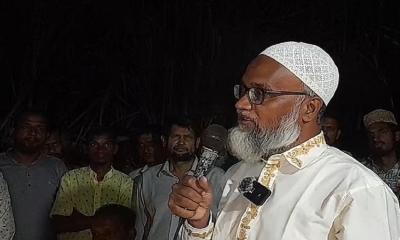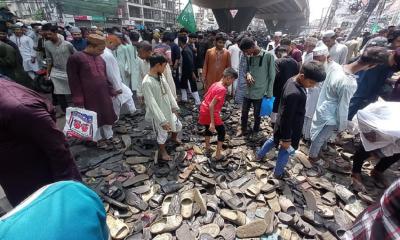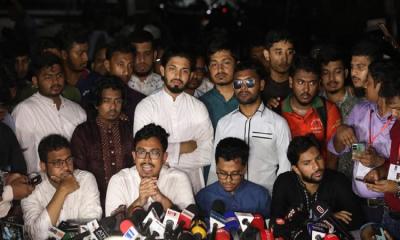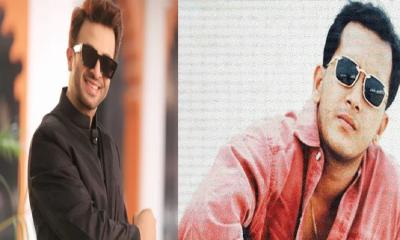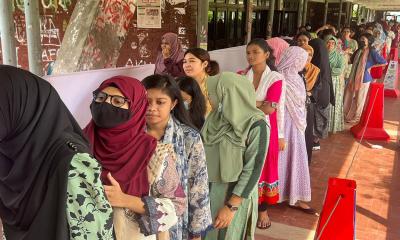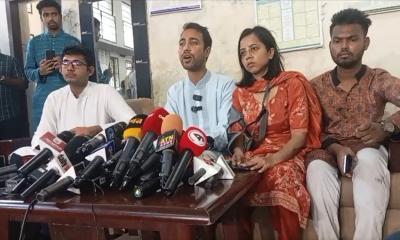Policy experts, development partners, youth leaders, and grassroots women have called for stronger recognition of women as central stakeholders in Bangladesh’s renewable energy sector. The call came at the Women and Energy Carnival 2025, organized by Manusher Jonno Foundation (MJF) under its Women’s Empowerment and Energy (WEE) Project, held at the Liberation War Museum in Agargaon on Thursday.
The day-long event featured exhibitions, cultural performances, storytelling, and policy dialogues, all centered on building a more inclusive, sustainable, and gender-responsive renewable energy transition for Bangladesh.
In her keynote presentation, Banasree Mitra Neogi, Director – Rights and Governance Programmes at MJF, stressed the need for equity and inclusivity in energy access. Highlighting the unequal distribution of electricity, particularly in hilly regions, she said women’s productivity is often undermined due to limited renewable energy support. “It is high time to adopt renewable energy solutions,” she urged.
Shaheen Anam, Executive Director of MJF, who chaired the opening session, underscored the urgency of shifting away from fossil fuels. “Gradually, all conventional energy sources will be depleted. I see no alternative to renewable energy,” she said, while also emphasizing recognition of women’s unpaid care work.
Speaking as Special Guest, Nayoka Martinez-Bäckström, First Secretary (Environment & Climate Change) at the Swedish Embassy in Dhaka, called for women’s equal participation in policy and decision-making. “Technological advancement has created the right moment for us to seriously rethink renewable energy,” she added.
From the government side, Md. Mahbubur Rahman, Deputy Secretary of SREDA, highlighted women’s strong contributions in areas like green finance. “If we are talking about climate, women’s role must be acknowledged. Their participation as stakeholders is crucial,” he noted.
Dr. Khondaker Golam Moazzem, Research Director of CPD, pointed out that the energy landscape is shifting from centralized to decentralized production, where women’s role in management and maintenance will be “undeniable.” He urged integration of gender perspectives into renewable energy policies to ensure a just transition.
Civil society voices echoed the same demand. Sharif Jamil, Coordinator of Waterkeepers Bangladesh and Member Secretary of DHORA, said: “Movements should not be limited to projects. Women must be recognized as genuine stakeholders, not just token participants.”
From the development community, Tanzina Dilshad, Program Manager (Environment & Energy) at the EU Delegation to Bangladesh, acknowledged that while women’s leadership in energy is still low overall, their engagement in renewable energy is comparatively higher. She reaffirmed the EU’s commitment to backing initiatives that prioritize women in the energy transition.
The carnival concluded with reflections from development partners and private sector leaders. Organizers and participants alike framed the event as a milestone in Bangladesh’s march toward a just, green future—one where empowering women is both a right and a powerful driver of innovation, resilience, and sustainable progress.


